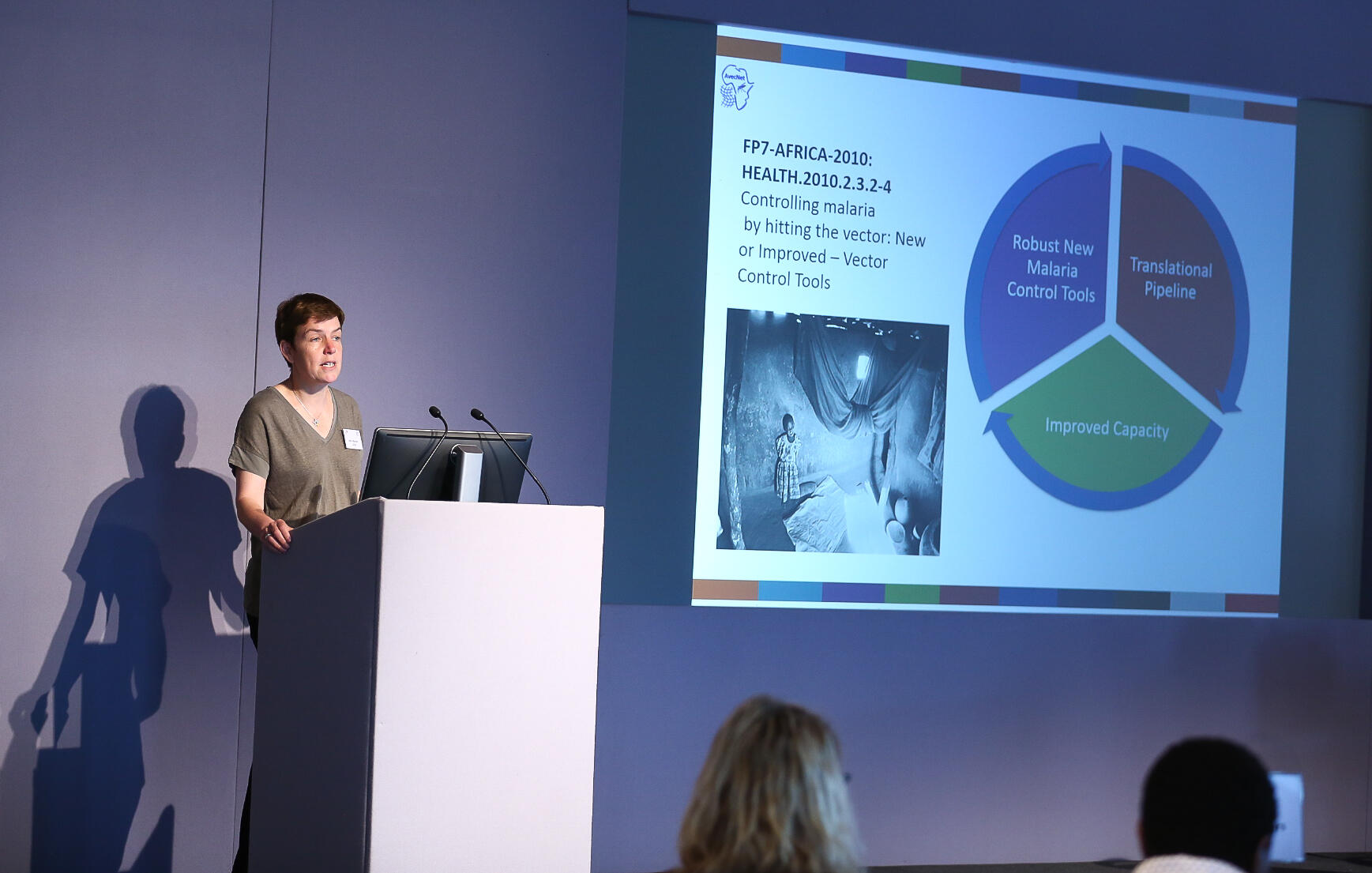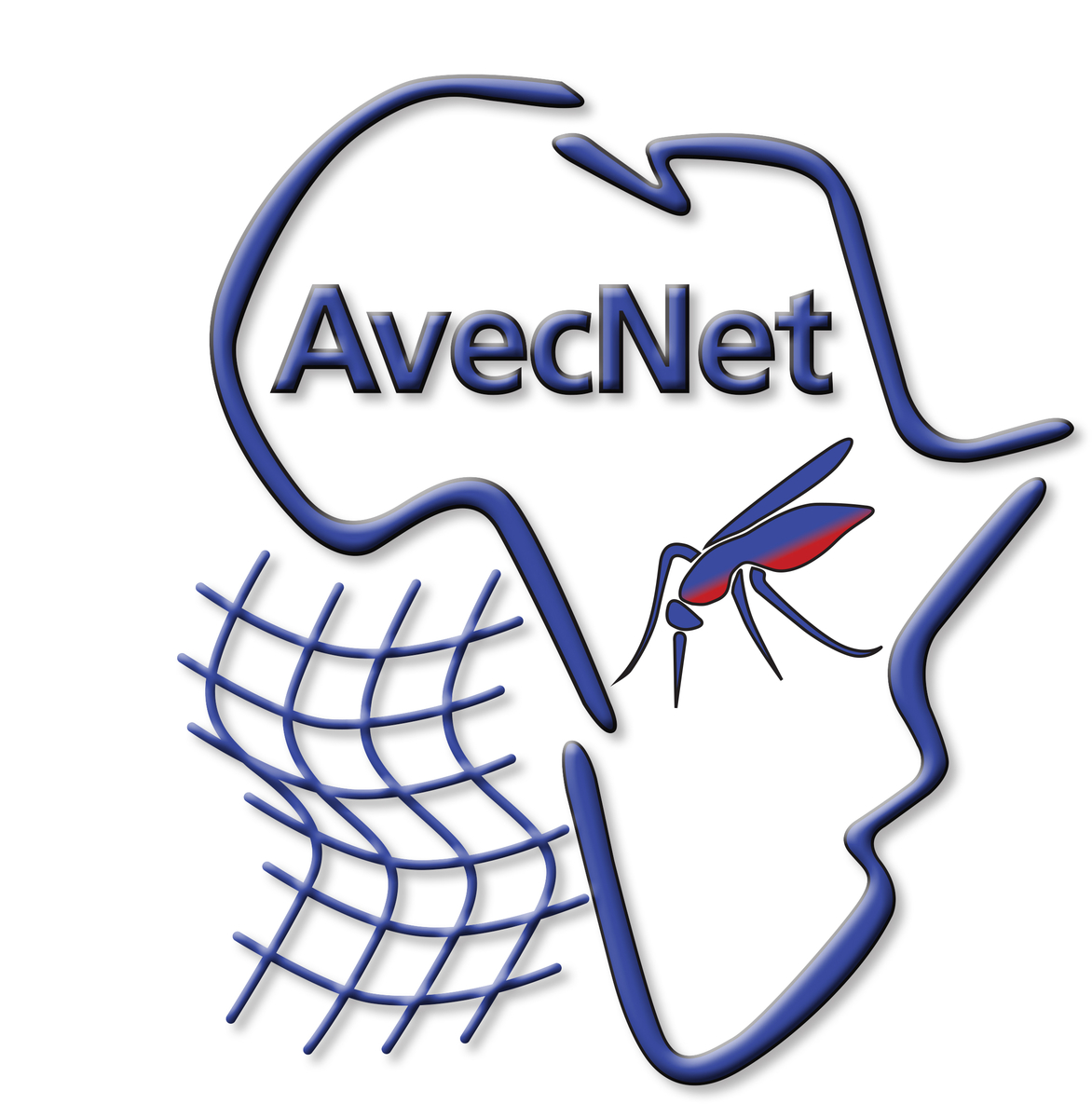
This week saw the AvecNet end of project dissemination meeting in the Lowry Theatre in Salford, UK. It was a chance for the 10 European and seven African partner organisations to come together and look at the work that has been undertaken over the six years of the project.

Co-ordinated by LSTM's Professor Hilary Ranson, the consortium was formed in 2010 with a €12million grant from the European Union. It's main aim was to develop and evaluate new or improved vector control tools that target the mosquito for the prevention of malaria. Against a back drop of increasing insecticide resistance, the consortium has had a flexible approach to funding research into tracking the growth of of that resistance and understanding mosquito behaviour in order to develop new tools and moving them through the translational product pipeline.
After being welcomed to the meeting by Professor Ranson, the day was made up of a number of presentations about the different research that has been carried out throughout the project and some of the products that have been developed or evaluated by AvecNet. This included surveillance carried out in a several African countries to track resistance as well as a number of alternatives to existing control tools such as nets and wall linings as an alternative to indoor residual spraying and others interventions that provided low technology or more affordable alternatives to those currently available. There were also presentations about cuttings edge technology being used to learn more about mosquito behaviour, and the lessons that have been learnt in terms of translation of research and the challenges in bringing about policy changes to bear for new products and interventions.
During the breaks participants could browse a number of posters and demonstrations highlighting some of the AvecNet funded work, and look at some of the 40 plus publications that form some of the consortium's outputs.
The final presentations of the day looked at the impact of AvecNet and what should come next from the group. LSTM's Dr Eve Worrall, AvecNet's Project Manager, focused on where the money from the grant has been spent and how that investment included the funding of five MScs, 10 PhDs, six of which were fully funded by the project and has led to around €23 million in multiplier grants as well as a large portfolio of research and a number of innovative new products.
Professor Ranson's concluding presentation looked at the challenges and opportunities that have arisen from AvecNet and what might be further achieved should the consortium continue. She focused on the lessons that has been learned by the partners and was clear that the future was about continuing to build capacity in Africa and looking at how the different products and interventions might be used in different combinations depending on setting to maximise impact and counteract resistance.
Professor Ranson said: "Strong partnerships have been at the heart of AvecNet, and many of those who worked with us have maintained their role in malaria control in their own countries, attracting new funding to their work and remaining part of a larger collaborative network. The model of a large consortium has also offered us a great deal of flexibility In how we have used the funding. We have been able to make decisions quickly when it became clear that an intervention would not work, enabling us to divert the funds and research into other projects that had a better chance of success, which further encouraged collaboration which would not have been possible if the interventions and research has been funded individually."